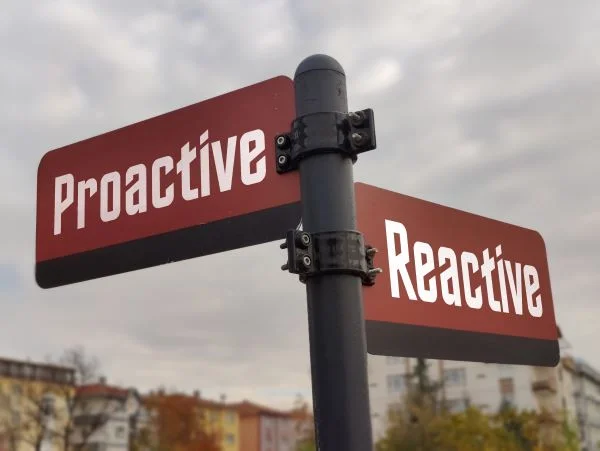Changing the way work gets done in a rapid-paced, high-pressure work environment can be daunting. Often, it is simply easier to fall back into old habits. But with the ever increasing introduction of new technologies, new products and new ways of working, employees need to adapt to change faster than ever before. In the short term, the change may not be as significant, but over time, changes to workflows, processes and the application of new skillsets, requires a conscious organizational effort.
Managers who act as coaches stay more deeply involved in the work that people are pursuing – without micromanaging or assuming that change will happen “because we said so”. Acting as a coach or facilitator provides support to employees without interfering in or ignoring day-to-day challenges. A coach guides employees as they adapt to new behaviors and workflows, ensuring that new skills turn into actual measurable outcomes, both tangible and intangible.
Change is never easy. Human change is even more difficult, but also the most transformative
All too often companies assume that their employees will be able to adapt a new skill or behavior because they were asked to do so. That is rarely the case. Coaching ensures that expected behaviors are being reinforced in the workplace in a positive and supportive manner.
Feedback is a critical factor in that change process. Coaches use feedback to address specific behaviors as well as their cause and effect, providing guidance and tips in the process for how to translate a concept into the reality of the day-to-day roles and responsibilities. Situational coaching that is provided as support, not oversight, in a timely fashion, can address the employee’s daily habits in a brief and targeted fashion. Good coaching is often the difference between making do and achieving step-change performance. Coaches can help their teams work more effectively, even when under pressure, by encouraging communication and guiding team members to the resources they need to make decisions and solve problems, for themselves and as a team.
Effective coaches help employees gain confidence in helping them move from theory to practice. When tough situations arise, coaches provide a safety net. Good coaching inspires individuals to develop their own expertise and insights, and find they are better equipped to step up and meet new challenges.
For those who are serious about implementing good coaching practices there is not only the promise of significant increase in efficiency and effectiveness but also of building the support and commitment from your team. And, there is no stopping a team that is committed to its purpose!



